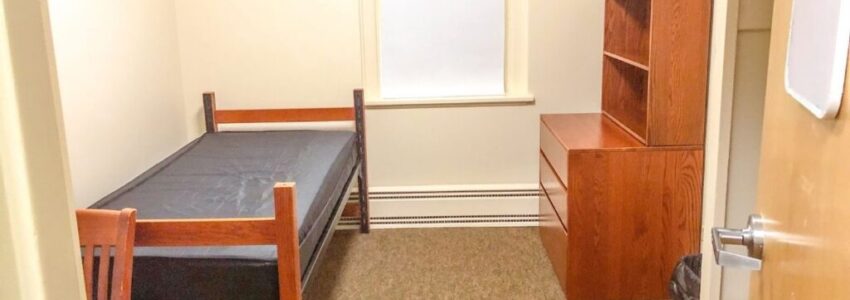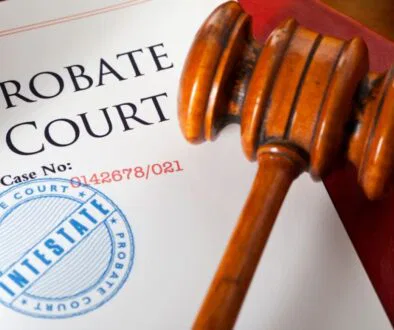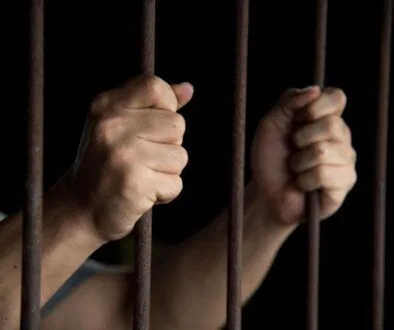What Swedish Prisons Can Teach Us

Published February 18, 2022
A prison is a place of rehabilitation in Nordic countries like Sweden, which have far lower incarceration and crime rates. It also works far more effectively.
Swedish Prisons Take on People’s Shape
Sweden’s prison population has decreased from 5,722 to 4,500 in the last decade, out of a total of 9.5 million residents. The country has closed a lot of jails, and its recidivism rate is only about 40%, far lower than the majority of European countries and in the United States.
Nils Öberg, director-general of Sweden’s prison and probation service, thinks that the way prisoners are treated in Sweden contributes to the country’s low incarceration and recidivism rates.
While some people must be imprisoned, the goal must be to reintroduce them into society in a lot better shape than when they entered.
Nordic Influence on Swedish Prisons
Nordic countries, in general, have an impressive track record of reducing the number of individuals who enter and/or re-enter their prisons. Numerous variables contribute to their prison systems’ effectiveness compared to other Western countries. For example, they are inclusive societies characterized by shared prosperity and low racial tension. However, the low percentage of re-incarceration, in particular, suggests an alternate model of prisoner treatment.
Every prisoner is assigned a “contact officer” who watches and supports progress toward reintegration into the outside world — a practice introduced to enable officers to avoid the damage associated with implementing strictly punitive functions.
While high-security facilities in the United States frequently involve confining and dehumanizing inmates, prisons in Nordic countries treat inmates as individuals with psychosocial needs that must be met with care. Prison personnel operates in a dual role as enforcer and social worker, managing behavioral regulation and reintegration preparation.

ADVERTISEMENT
Open Prison System
Even more surprising is the region’s use of an “open prison sytem.” Prisoners in open prisons live in housing that resembles university dorms, have access to amenities like televisions and sound systems and can commute to work and see family members while being electronically monitored. Inmates and staff dine together in the community dining areas that have been built within the prison. No one is forced to wear uniforms.
Supporters of America’s highly punitive prison system would say that the Nordic approach toward prisons, in particular, is naïve in its assumption that inmates may be treated as normal human beings deserving of improvement. Despite this, Nordic countries remain quite peaceful due to letting people convicted of the most serious crimes spend time there, typically for significantly shorter sentences compared to the United States.
Remark
It appears as though the way society decides to imprison individuals it deems criminally guilty has a self-fulfilling dimension: If you tell someone they cannot improve, they will not; if you tell someone they can, they might have a chance.
(Related: Abandoned Prisons in the US You Can Visit)
Reduce Your Jail Call Costs By Up To 90% Per Minute With GlobalTel
GlobalTel’s inmate calling service lowers jail call per minute rates by up to 90% for jail calls from US facilities. Sign up now and use the special jail call phone number we create for you to eliminate the long distance jail call fees. Try GlobalTel for only $45.99 for 90 days. Make US/domestic and international jail calls at the local rate and stay connected to your incarcerated loved ones for less. Learn more about how to sign up for calls from inmates here.

This Content Is Fact Checked
Our esteemed team of specialists has thoroughly validated the accuracy of this information. Discover further details about the rigorous editorial guidelines for our website here.
ADVERTISEMENT

About The Author
Krizzia Paolyn is an SEO Specialist with a bachelor’s degree in Psychology. It has always been her passion to share her voice, and at the same time, to encourage other people to speak up.




